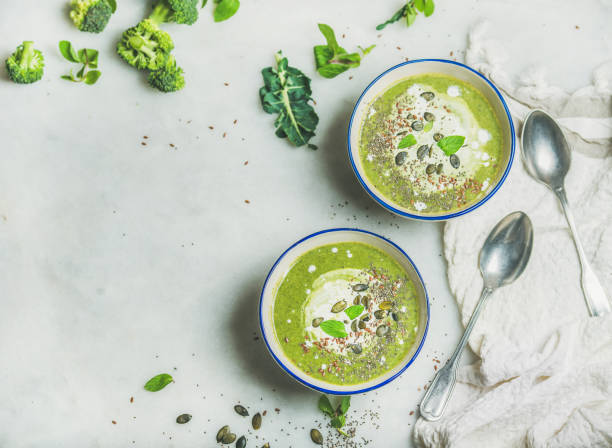Get Your Family To Enjoy the Meals You Cook For Them – Sign up to get access to a FREE Meal Plan, a Seasonal Grocery List & a Recipe
The food that we eat plays such a huge role in our health. Our health, nutritional needs, skin and mood are all dependent on what we consume. So, keeping a check on what our food is and how it is cooked is very important. Oil is a fat and is a vital part of our diet
Now refined oil is what most of us use in our homes and that’s what we generally cook with. But there is a whole other range of oil called cold-pressed oils and they have become very popular over the last few years.
When it comes to cooking oils, there is no end to the discussion about which is the healthiest option. People have a variety of cooking oil options, ranging from vegetable oil to sunflower to olive oil.
So then why the dilemma?
What Are Cold Pressed Oils?
Cold-pressed oil is obtained only by crushing the seed without applying any heat or using any chemical solvents. Hence it retains the oil’s natural nutrients.
Cold-pressed oils are highly recommended as an alternative to cooking. These oils are rich in Omega 3, Omega 6 fatty acids, vitamins A, C, E, D and potassium. Cold-pressed oils also contain bioflavonoids.
Some of the cold-pressed oils to include in your diet for good heart health are coconut oil, olive oil, sunflower oil, groundnut oil etc.
What Are Refined Oils?
Krish Ashok, Author of Masala Lab: The Science of Indian Cooking @Masalalab talks about cold pressed oil and refined oil in a recent post. This is what he says about refined oils.
Refined oils go through an elaborate filtering and chemical treatment process that removes everything other than fats. Some of these solvents (like Hexane) are not good for health, but the right question to ask is – how much of it ends up in the actual oil. FSSAI has standards for what is the maximum allowed ppm (parts per million) amount of hexane and there have been studies showing that most well-known brands of refined oil do not have statistically significant amounts of hexane in them.
So Are Refined Oils Bad?
Well! No! It depends upon what’s the usage of the oil. Use the right oil for the right situation. Cold-pressed oil for light sauteeing and refined oil for tadka are some examples.
Listen to what he has to say below.
Using the correct oil for your cooking method is important for flavour
What Is a Smoke Point?

A cooking oil’s smoke point refers to the temperature when the oil starts to smoke—which it will reach before its boiling point.
Heating oils past their smoking point has been linked to the formation of carcinogens and can also create an off, burnt flavour.
Knowing the different oils and their smoke points is an essential part of cooking.
Factors That Affect Smoke Point
- Refining: Since refining removes impurities and free fatty acids that can cause the oil to smoke, refined oils have a higher smoke point. That is why we should use refined oil to deep fry food.
- Type of fat: Oils high in polyunsaturated fats, such as sunflower or flaxseed, tend to have a lower smoke point. Oils higher in monounsaturated fats (including avocado, canola, and olive) have medium smoke points. Oils high in saturated fats, such as coconut and mustard oils, have higher smoke points.
So pick and choose your oils depending on what you’re cooking and enjoy the full benefit and flavour of your dishes.




















